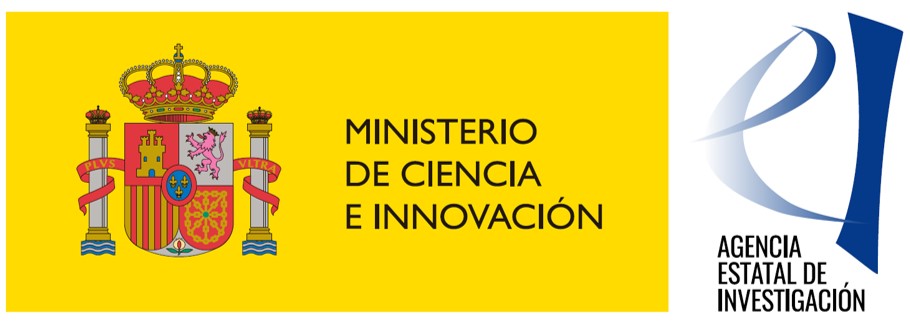This research project focuses on the analysis of the causes and consequences of urbanization from a wide and global perspective. We investigate how and why cities grow, how they are impacted by global challenges, how people live in urban areas and the consequences of urban life. We want to better understand the drivers behind recent urbanization and city growth, worldwide and in specific countries, including Spain. In this line, we aim to look at population, social and economic dynamics, as well as environmental factors, including the role of climate change. This involves an analysis of internal migrations within countries. We also want to study some of the consequences of these migrations, urbanization and city growth. We will look at the evolution of the spatial distribution of population and economic activity between and within countries and cities.
The research is both theoretical and empirical, and centered around relevant policy debates. For the theoretical part, we aim to develop a theoretical framework that allows us to properly understand the role of different factors associated with the process of urbanization and city growth. For the empirical pat, the research will be carried out at different levels of analysis. On the one hand, we will be carrying out empirical analysis at the global level, looking at countries as well as cities worldwide. We will work at the international scale with several analysis developed in Latin American countries, namely, Ecuador and Colombia, following some lines of work of the research team. On the other hand, we will develop several analysis focused on the Spanish case.
We structure the project in two main axis: inputs (drivers) and outputs (consequences) of urbanization. The specific objectives are next described:
WP1. Drivers of Urbanization
- Testing the pull effect associated with the increase of an informal sector in situations in which urbanization does not go hand-in-hand with economic growth. Also, to analyze the role of institutional differences between countries, in particular moderating the link between informality and urbanization without growth.
- Understanding the role of climate change in the spatial distribution of population and economic activity, as well as in the evolution of (spatial) inequalities.
- Developing a systematic analysis of migration flows in Spain, including a novel meta-analysis of regression models inspecting migration flows.
- Analyzing the role of multilateral resistance to migration by means of the radiation model, to overcome the bias in gravitational model estimates.
- Exploring the impact of two global shocks, robotization and the Covid pandemic, in the spatial distribution of population.
WP2. Consequences of Urbanization
- Performing a detailed survey of the literature on cities, urban growth and social inequalities, with a specific focus on the Spanish case.
- Analyzing the role of urbanization in the advance of adequate material living conditions, namely, the development and persistence of slums in Ecuador.
- Studying how urbanization is behind the growth of pollution and greenhouse-gas emissions in an international framework.
- Studying the response of non-urban areas to the effect of declining population, mostly driven by rural-urban migration in general and, in particular, of the youth and the best educated individuals, on the rise of populist vote in Spain.
Grant PID2020-118800GB-I00 funded by Ministerio de Ciencia e Innovación / Agencia Estatal de Investigación / 10.13039/501100011033
